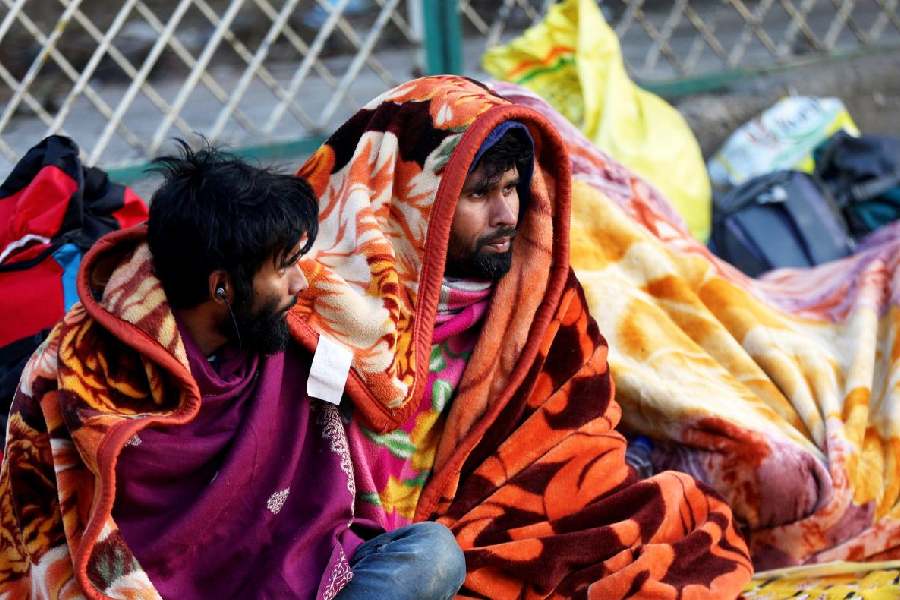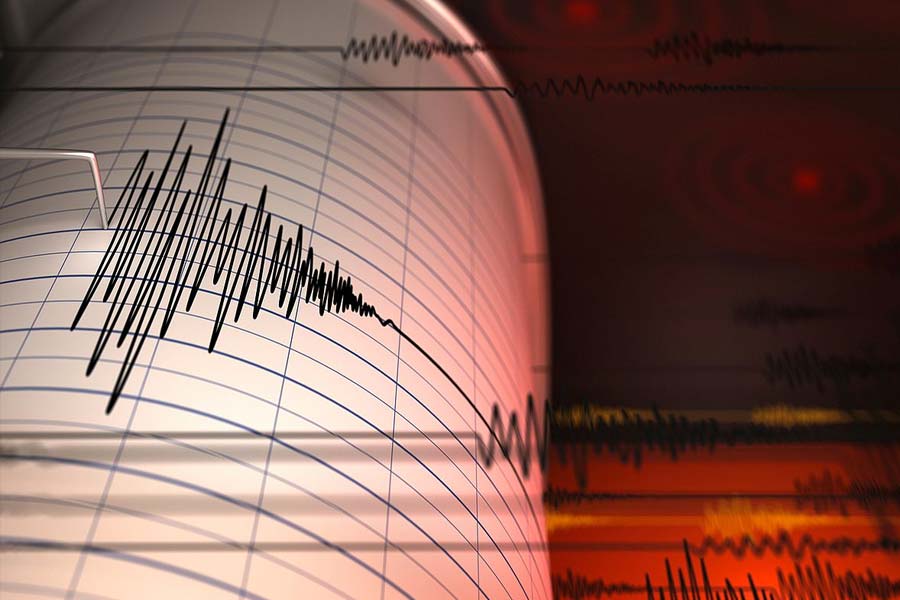The minimum temperature in Kashmir stayed several degrees below the freezing point as the valley braces for 'Chilla-i-Kalan' -- the 40-day harshest winter period, officials said on Wednesday.
Srinagar city -- the summer capital of Jammu and Kashmir -- recorded a low of minus 4.4 degrees Celsius on Tuesday night, down from the previous night's minus 3.7 degree Celsius, the officials said.
Pahalgam in south Kashmir's Anantnag district, which serves as one of the base camps for the annual Amarnath Yatra, recorded a minimum temperature of minus 6.3 degrees Celsius, they said.
The famous ski resort of Gulmarg in Baramulla district recorded a low of minus 4.4 degrees Celsius, the officials said.
Qazigund recorded a low of minus 4 degree Celsius, Kokernag town saw the minimum settle at minus 3.3 degrees Celsius and Kupwara recorded a low of minus 3.5 degrees Celsius. The weather office has forecast generally dry weather over the next few days in Kashmir as the minimum temperature is expected to dip further.
The drop in temperature has resulted in freezing of many slow moving water bodies. It has also resulted in freezing of water supply pipes in some areas.
With electricity supply erratic in many areas of Kashmir, people have resorted to use of 'kangri', an earthen firepot, to beat the chill.
The drop in temperature has resulted in an increase in respiratory problems among the children and elderly.
The 'Chilla-i-Kalan' is the 40-day harshest winter period when a cold wave grips the region and the temperature drops considerably leading to the freezing of water bodies, including the famous Dal Lake here as well as the water supply lines in several parts of the valley.
The chances of snowfall are the most frequent and maximum during this period and most areas, especially the higher reaches, receive heavy snowfall.
While 'Chillai-Kalan' begins on December 21 , it will end on January 31.
The cold wave continues even after that in Kashmir with a 20-day-long 'Chillai-Khurd' (small cold) and a 10-day-long 'Chillai-Bachha' (baby cold).
Except for the headline, this story has not been edited by The Telegraph Online staff and has been published from a syndicated feed.











